3D printed parts for racing
Scheurer Swiss GmbH is commissioned to manufacture carbon-reinforced 3D printing components for the latest generation of the racing series “Castrol Toyota Racing Series“.
The well-known racing series “Castrol Toyota Racing Series” (TRS) based on a Formula 3 chassis is entering the next round: “Toyota GAZOO Racing New Zealand” has presented a brand new, more powerful racing car for the TRS 2020, the “Toyota FT-60”.
Scheurer Swiss GmbH supplied Toyota Gazoo Racing New Zealand with high-quality carbon-reinforced 3D printing components for the latest generation of the Toyota FT engine on behalf of the two renowned New Zealand-based companies “David Gouk Race Engines” and “Häberlin Composites”.
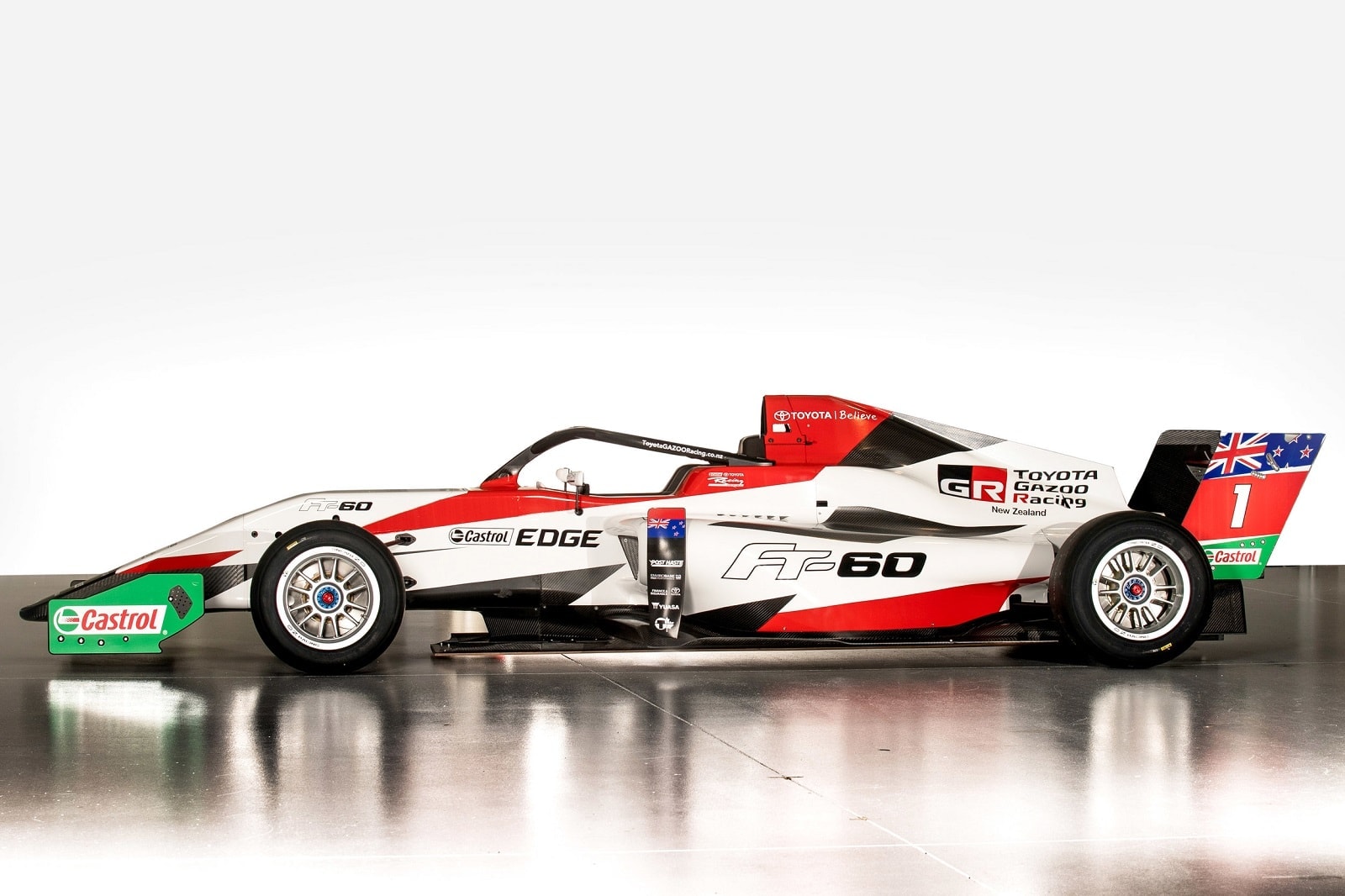
Scheurer Swiss GmbH is contracted to manufacture carbon reinforced 3D printed components for the latest generation of the racing series “Castrol Toyota Racing Series”.
The third generation race car of the Castrol Toyota Racing Series is based on a regional Formula 3-specific Tatuus chassis, powered by a two-litre Turbo 8AR FTS engine – a racing version of the 8AR FTS engine used in both Toyota and Lexus road vehicles. The engine is capable of producing 285 hp, a sharp increase over the 215 hp produced by the previous 1.8-liter unit.
Successful test run for 3D printing engine parts from Scheurer Swiss
The new racing car first hit the track in Italy in July, even before its race debut in 2020. Formula 2 and European Le Mans Series driver, Arjun Maini, completed 900 kilometres in the Toyota FT-60, spread over three different tracks – Vairano, Cremona and Franciacorta.
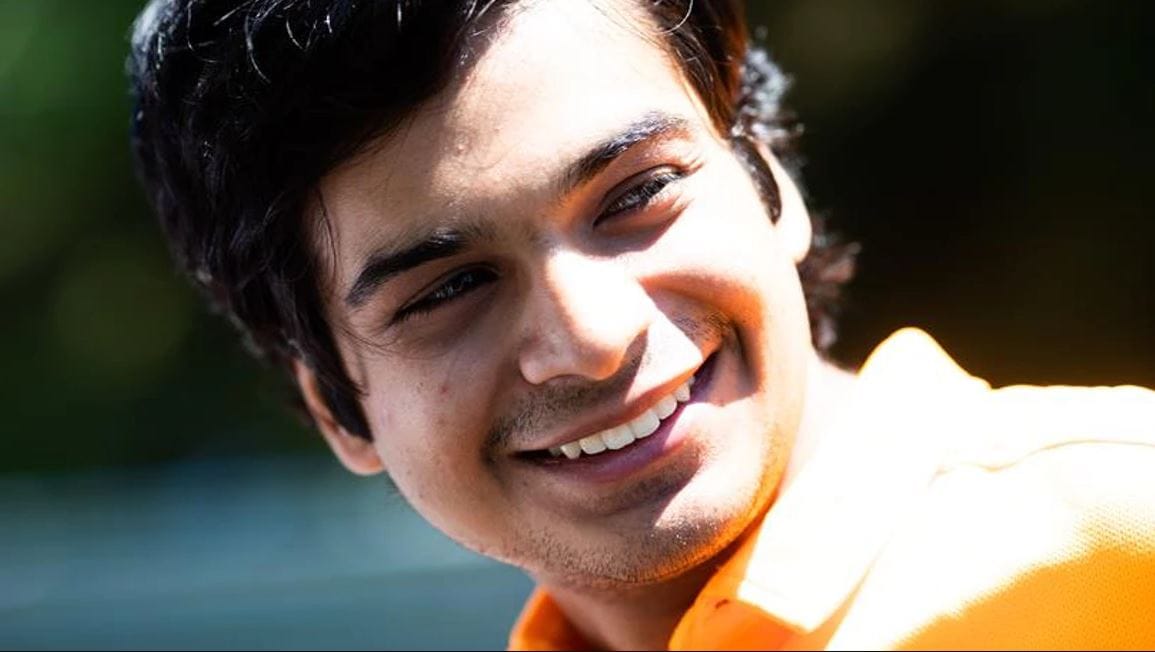
Formula 2 and European Le Mans Series driver, Arjun Maini, tests the new Toyota FT-60 and is satisfied.
“It was a very positive first test,” said Maini, who finished fourth in the 2015 TRS season with the previous FT-50 race car. “The new engine ran very smoothly, it is powerful and the handling very good. Gear changes and downshifts also feel very good in combination with the new engine”.
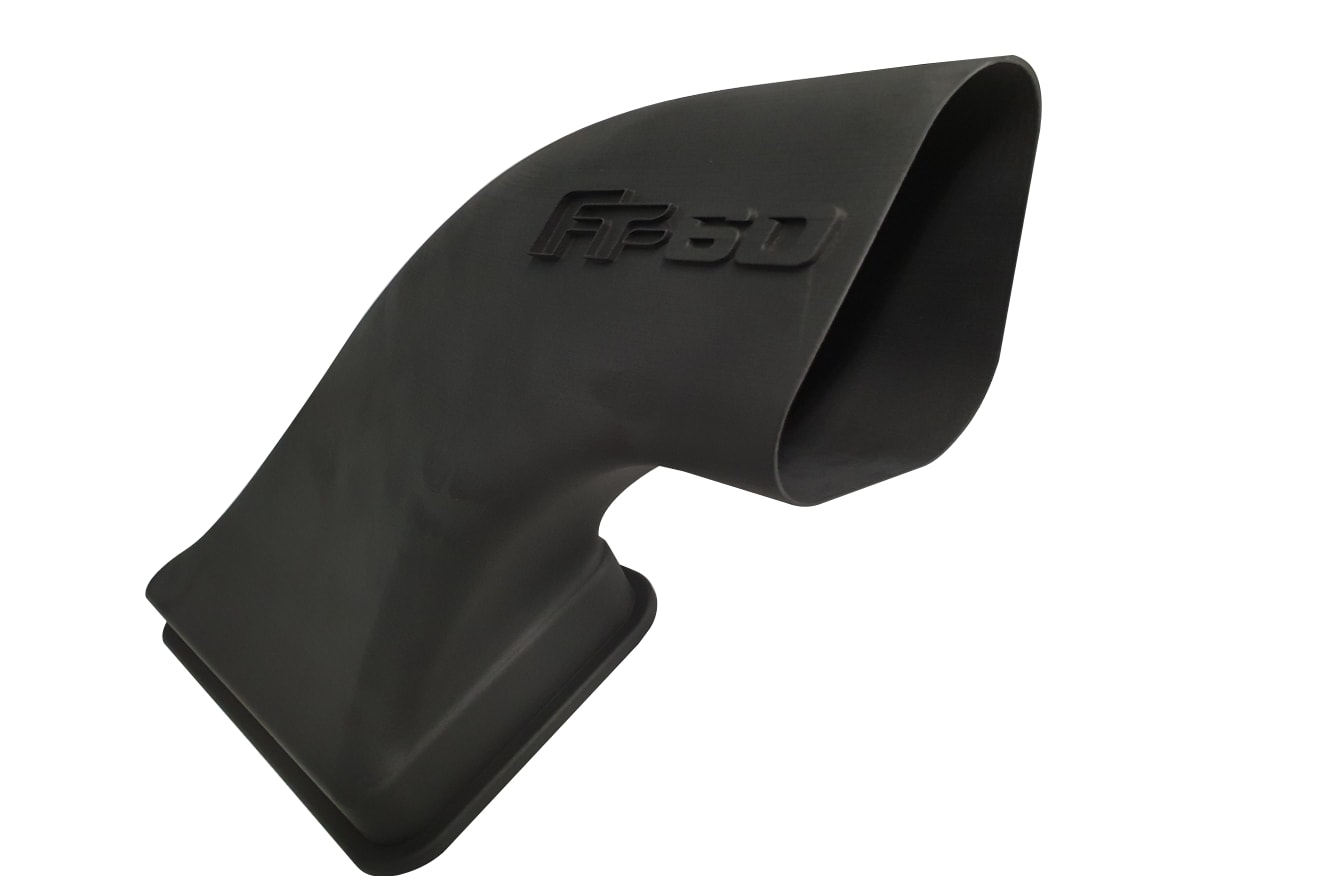
Scheurer Swiss GmbH was commissioned by Häberlin Composites to optimise the design of carbon reinforced engine components for the test series of the Toyota FT-60 and to produce them in a very short time.
“Scheurer Swiss GmbH has optimised the design of the carbon-reinforced engine components for the test series of the Toyota FT-60 on our behalf and produced them in the shortest possible time,” says Gregor Häberlin, owner of Häberlin Composites, with satisfaction. Häberlin Composites itself also supplies carbon parts for the Toyota FT-60, manufactured using the lamination process.
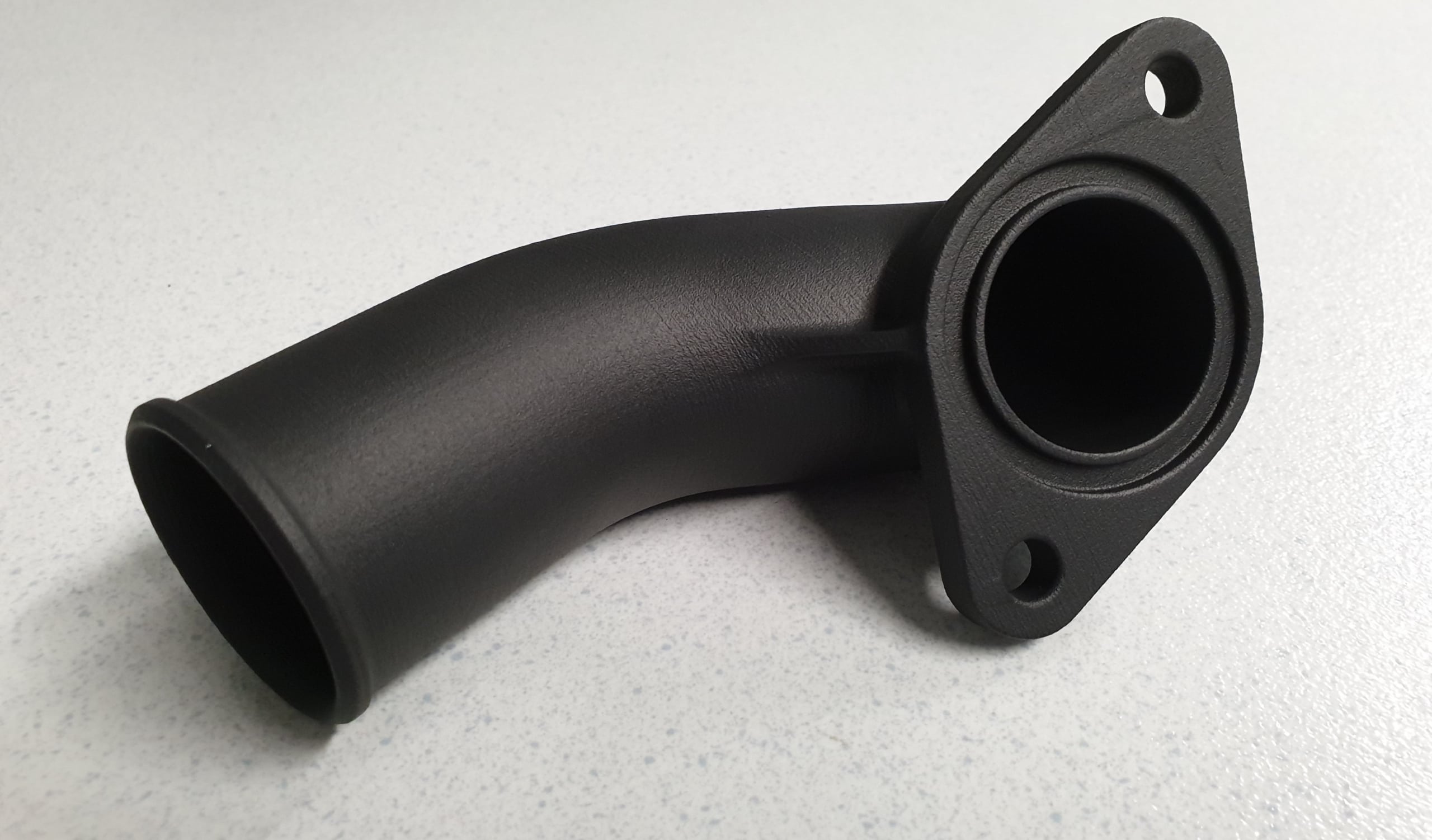
Carbon reinforced 3D printing makes it possible to use customised components outside of racing.
“It was possible only thanks to 3D printing to deliver the tailor-made Toyota FT-60 components of the test series in such a short time,” says Dominik Scheurer, CEO of Scheurer Swiss.
He confirms that the carbon-reinforced 3D printing process can also be used for industrial applications in the automotive sector, especially after the successful race track test run.
Planned series production of Scheurer Swiss engine parts
According to David Gouk of David Gouk Race Engines, the texture and material in the tests were not only visually convincing, but also withstood the enormous speed and heat as well as the compressive forces on the race track. “We are planning to go into series production soon with the 3D-printed carbon-reinforced engine components from Scheurer Swiss,” says the owner, who is considered a luminary in the field of engine development and has been successfully developing the engines of the Castrol Toyota Racing Series for years.
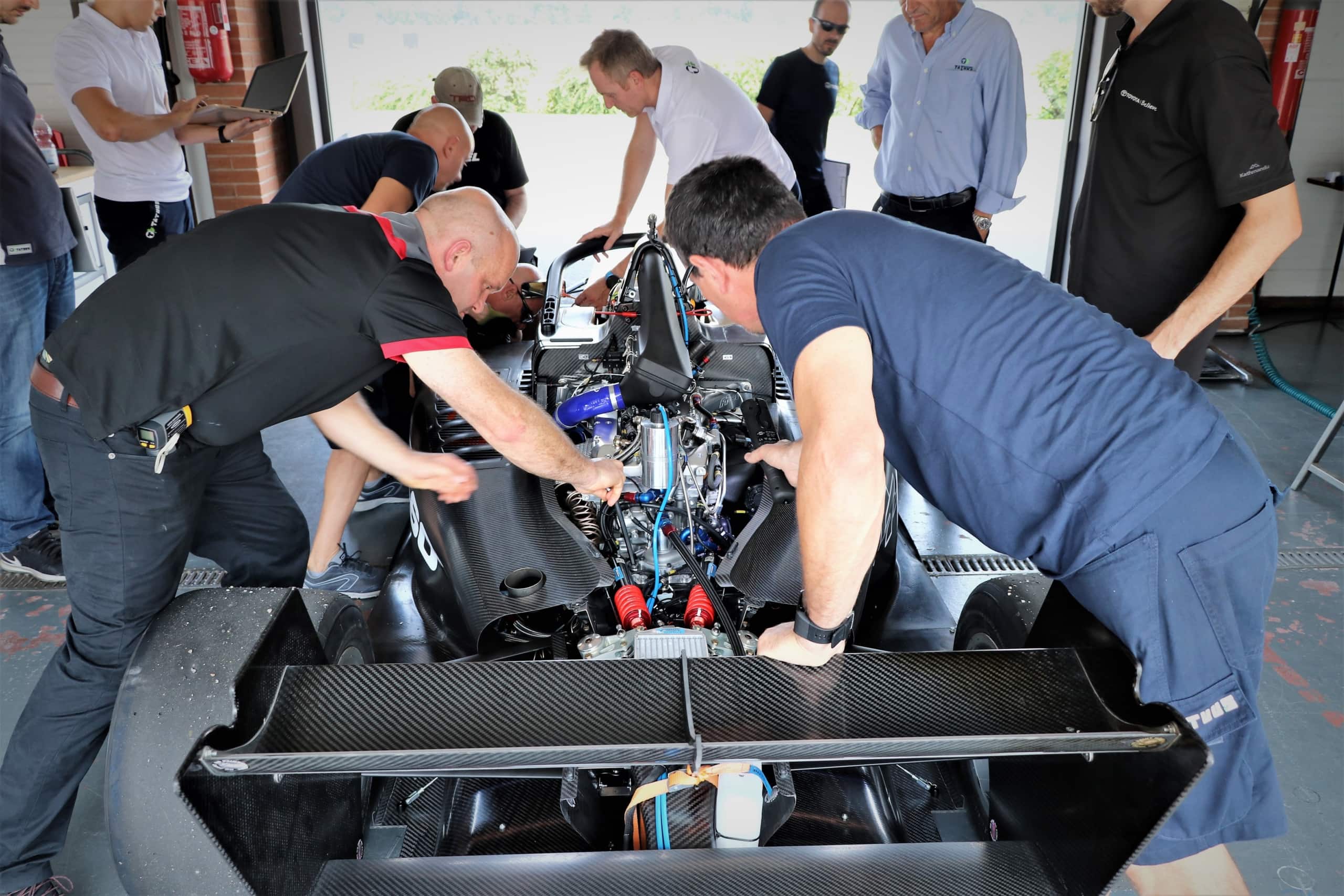
According to David Gouk of David Gouk Race Engines, the texture and material not only impressed visually in the tests, but also withstood the enormous speed and heat as well as the pressure forces on the race track.
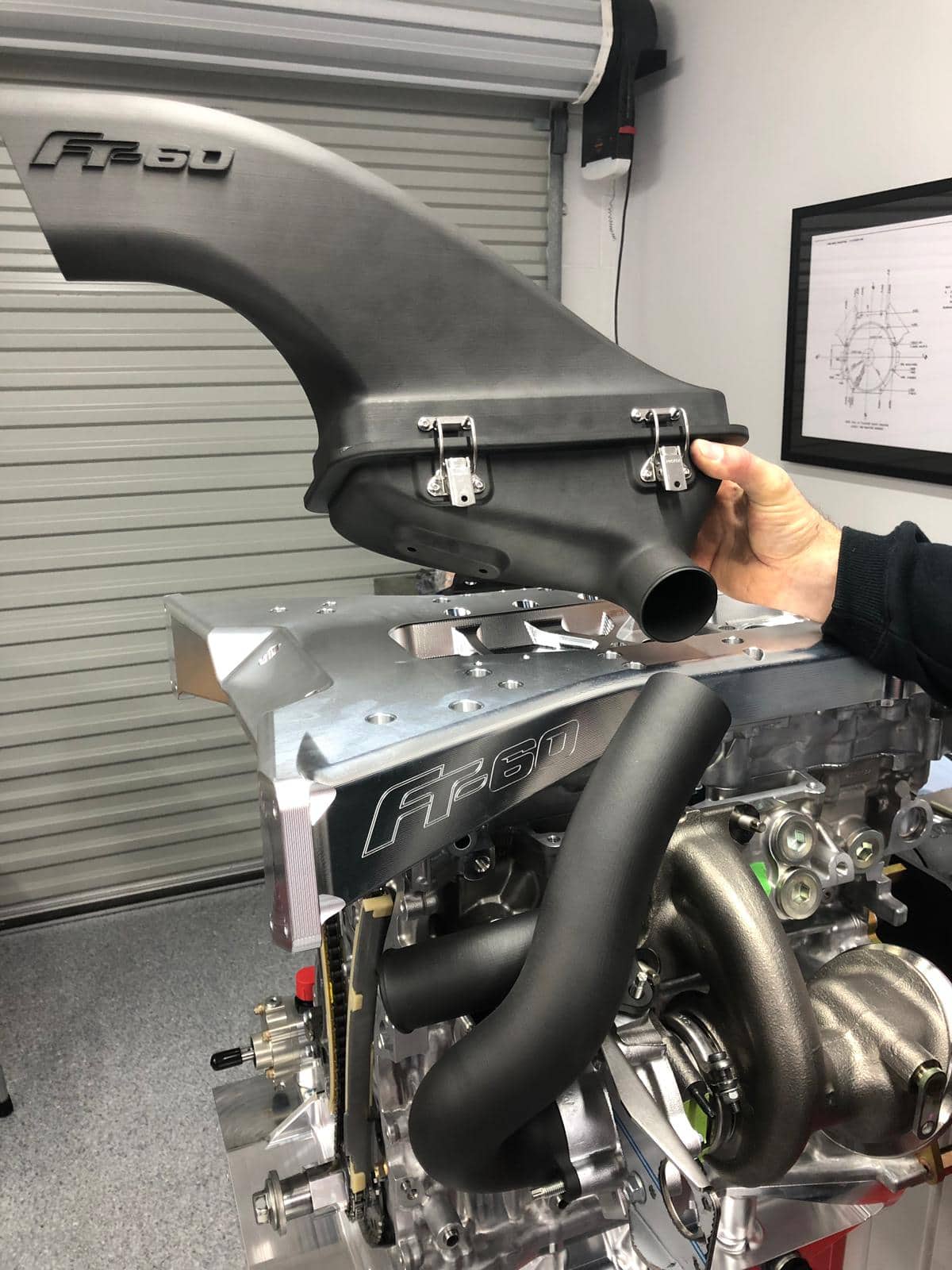
Toyota Racing series manager, Nicolas Caillol, is very satisfied with the quality of the 3D printed engine parts for the Toyota FT-60 supplied by Scheurer Swiss.
“We are very satisfied with the advice and service provided by Scheurer Swiss, in particular the flawless and fast delivery of the urgently needed carbon-reinforced components for the Toyota FT-60 test series”, Gouk continues.
Toyota Racing Series Manager, Nicolas Caillol, says: “The FT-60 is a modern car that offers more power and more drive than anything we have had in production before. We are very pleased with the quality of the 3D-printed engine parts that Scheurer Swiss supplied to us”.
Toyota Racing Series as a springboard for Formula 1 careers
The 2020 season of the Castrol Toyota Racing Series starts at the Highlands Motorsport Park in New Zealand in January 2020 and ends, after five consecutive weekends, with the New Zealand Grand Prix at the Manfeild Circuit “Chris Amon” in mid-February – one of the only two events outside Formula 1 that is officially allowed to use the term “Grand Prix”. Like this year, the series winner will receive up to seven super license points for possible Formula 1 careers.
“It’s a globally relevant car and a globally relevant championship for any serious young racer, and we hope to attract even more aspiring stars who want to take a step up in their careers. They can come from Formula 4, Formula 3, the women’s W Series or other Tier 3 categories of FIA leaders. It’s even relevant for those who have been successful in the Tier 2 categories, who want to consolidate and improve their skills or earn more super license points as they take their final step towards F1,” affirms Toyota Racing Series Manager Nicolas Caillol.
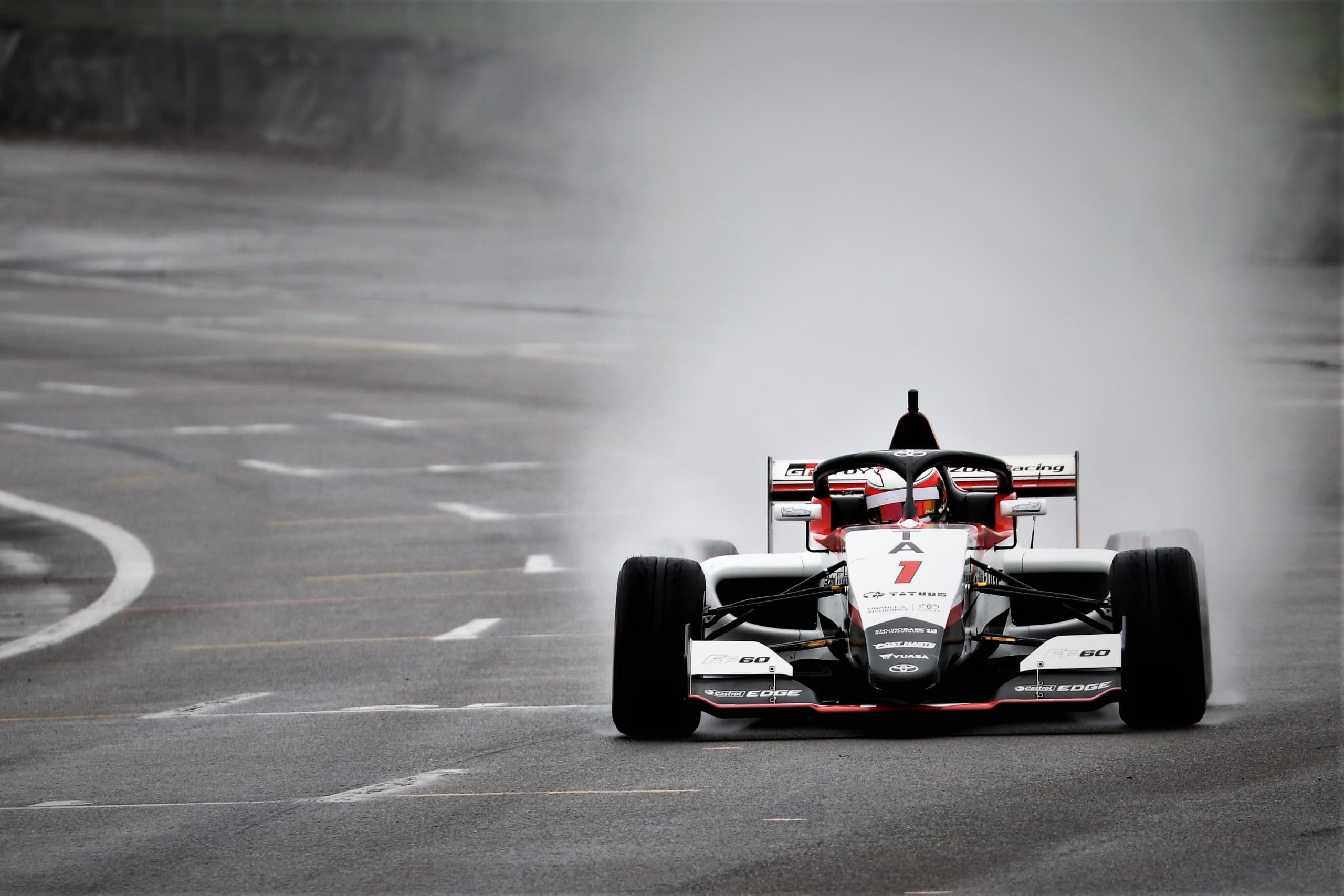
The Toyota FT-60 is a globally relevant car and the Toyota Racing Series is a globally relevant championship for any serious young racer.
The winner of the W Series, Marta Garcia, is also considering the possibility of driving in early 2020 in New Zealand’s Castrol Toyota Racing Series.
The 19-year-old Spaniard dominated the Norisring race of the first season of the all-female Open Wheeler Series and finally finished fourth in the overall standings, with prize money of $100,000 and an automatic invitation to the 2020 W Series competition.
Scheurer Swiss develops and produces composites at the highest level
The owners of Scheurer Swiss GmbH, Dominik Scheurer (CEO) and Robert Tween (CTO), have both been involved in racing and motor sports in composite engineering for many years, including Jordan F1, Sauber F1 and Toyota Motorsport, and with the right design and the right composite materials they provided the necessary properties for the highly efficient mechanical performance of a Formula 1 racing car.
Scheurer Swiss GmbH is known for the development of highly efficient ultra-light and extremely stable composite components made of carbon, glass fibre or other fibre composites. It develops and produces customer-specific composite components that are used in racing and motor sports, aerospace, nautics, defence and security as well as industry. The highly efficient product development with state-of-the-art fibre composite technologies, including 3D printing, is rounded off with professional, state-licensed personnel recruitment and practice-oriented composite training courses – directly at the customer’s site. With over 30 years of experience in Formula 1 engineering, the fibre composite and lightweight construction specialist offers a unique complete service from a single source.
Your project in good hands
Scheurer Swiss GmbH is the perfect partner when it comes to product development with state-of-the-art fibre composite technologies, personnel recruitment and composite training. We will be happy to advise you!

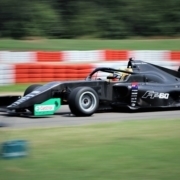 Scheurer Swiss-Toyota Gazoo Racing
Scheurer Swiss-Toyota Gazoo Racing Scheurer Swiss-Aartesys
Scheurer Swiss-Aartesys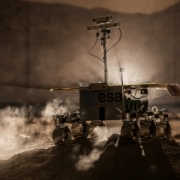
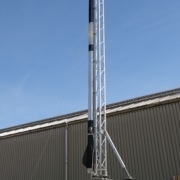 Scheurer Swiss-ETH Zurich
Scheurer Swiss-ETH Zurich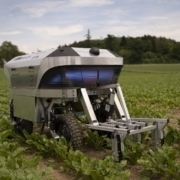 Scheurer Swiss GmbH-ETH Zürich
Scheurer Swiss GmbH-ETH Zürich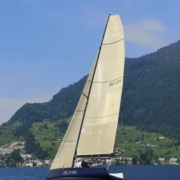 Scheurer Swiss-Blink
Scheurer Swiss-Blink Scheurer Swiss GmbH
Scheurer Swiss GmbH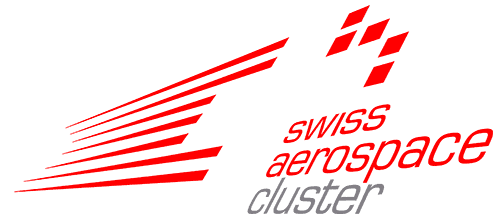
 Scheurer Swiss GmbH
Scheurer Swiss GmbH